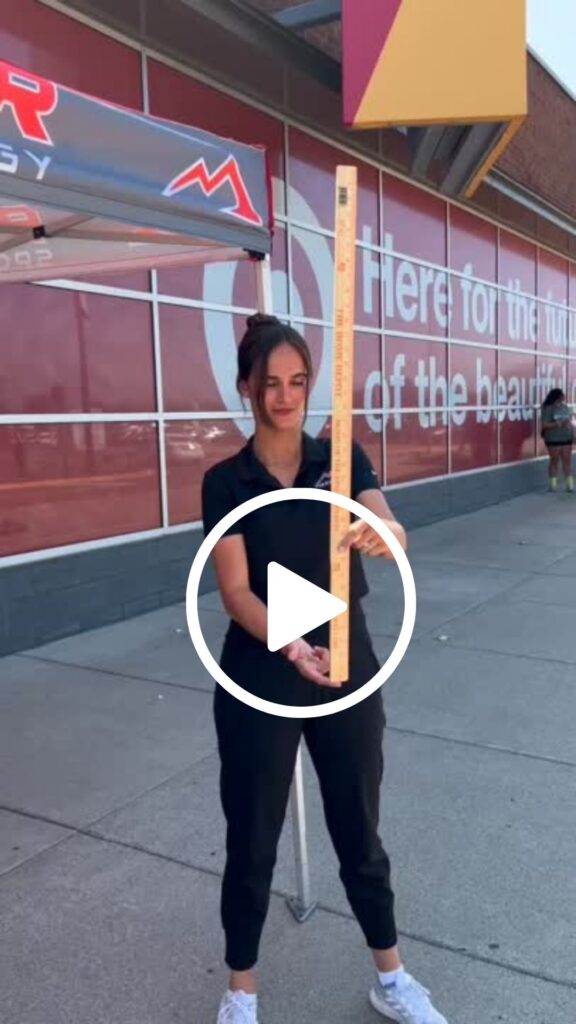Where an athlete places their attention is the number one determinant of whether they will find success or not. Because focus is critical to peak performance, it’s important to identify helpful and unhelpful focal points. Being aware of what you are focusing on and how it affects you before, during, and after competitions is essential for maximizing performance. Having productive focal points, or where we place our focus, is a game-changer both in and out of competition. The first step is identifying productive vs. unproductive focal points.
Some examples of productive focal points could be encouraging language, your strengths, the game plan, and what is happening in the present moment. These could also be things more specific or personal to you, like a certain skill/technique or mental cues.
Unproductive focal points are typically things outside of your control, not happening in the present or negative thoughts that will lead to a decrease in performance. These could be things such as past mistakes, the outcome of a past, current, or future competition, the ref/fans, or negative thoughts about your ability.
What you focus on during competition is especially important. These things can be both mental and physical. Physical focal points are usually a specific spot you aim for like a basketball hoop, area of a soccer goal or finish line. Mental focal points are things such as giving maximum effort, positive self-talk and strategy.
A great example of how a physical focal point can affect performance is the yardstick activity, which can be seen below. Start by trying to balance a yardstick on one finger, only focusing on where the yardstick touches your finger. Most people find it extremely hard to execute this. The second time, switch your focus from the bottom of the yardstick, to the very top. Most people find much more success because their focus was on a more beneficial spot than the previous try. The exercise demonstrates the impact that both physical and mental focal points can have in competition.
Identifying and executing on productive focal points looks different for everyone and it’s critical to find what works for you. Recall past performances and key in on what has worked well for you and what hasn’t. Once you have identified what those focal points are, hone in on them in future competitions.

